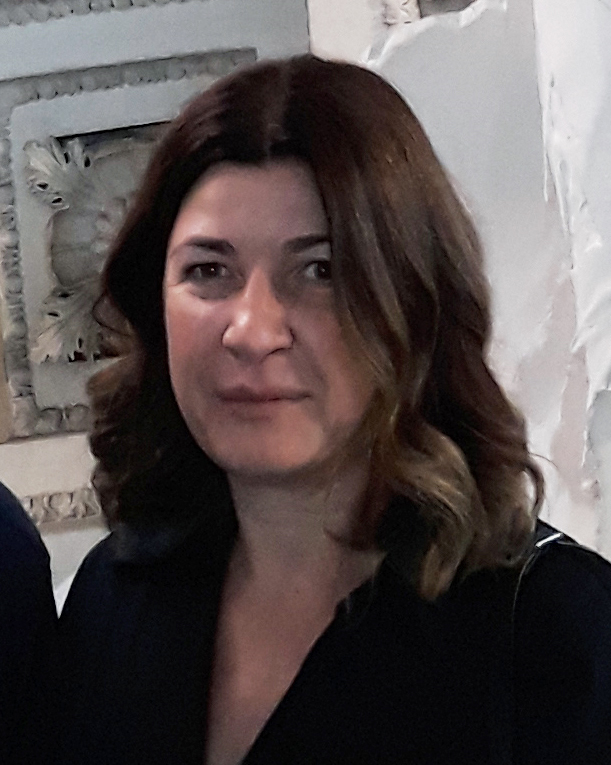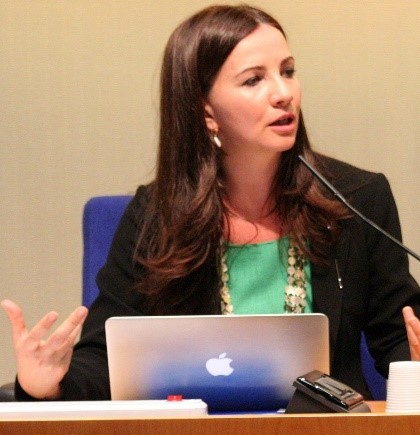Re-Place
Re-Place - REFRAMING NON-METROPOLITAN LEFT BEHIND PLACES THROUGH MOBILITY AND ALTERNATIVE DEVELOPMENT (Horizon grant #101094087)
ID Call: HORIZON-CL2-2022-TRANSFORMATIONS-01- A sustainable future for Europe
Project start date: March 1, 2023
Project end date: February 28, 2027
Sapienza's role in the project: Other beneficiary
Sapienza research team
P.I

European, American and Intercultural Studies
Senior Members (in alphabetical order)

Department: Communication and Social Research

Department: Communication and Social Research

Department: Economics and Law
Junior Members (in alphabetical order)
- Department: Communication and Social Research
Department: Communication and Social Research
Department: European, American and Intercultural Studies

From November 1, 2023
to September 10, 2025
Department: Economics and Law
End users
Abstract
The Re-Place project is set to explore the complex issues faced by peripheral non-metropolitan areas, which have been the subject of mixed narratives during the COVID-19 pandemic. While some people see these areas as struggling and left behind, others see them as offering a higher quality of life compared to big cities. Both views point to the complexity in deciphering the role spatial mobilities play in the future of peripheral places traditionally victims of outward migration and a lack of investment in economic and social infrastructure. Re-Place will study the dual function of places as areas of origin and destination focusing on heterogeneous forms of dwelling enmeshed in place. The overall objective is to mobilize participative research in non-metropolitan left-behind areas (LBAs) to examine the impact that spatial (im)mobility has on origin and destination areas and how it can be harnessed to improve local alternative development, cooperative building of human capital, wellbeing and sustainability across contexts.
Focused on LBA's throughout six European countries, including Germany, Italy, Latvia, Portugal, Romania, and Spain, the Re-Place project strives i) to develop empirical tools – namely a typology and an online representative population survey- to advance complex understandings of development pathways and mobility; ii) to scale down to 12 areas in 6 countries to examine the (im)mobility drivers and movement to and from different types of LBAs assessing ensuing spatial, economic, social, and cultural transformations; iii) to qualitatively examine perceptions and livelihood practices of (im)mobile residents across life domains to understand micro strategies of dealing with peripherality; iv) to co-create place-based policies to enhance mobility benefits and alternative local development through village living labs and the development of a policy toolbox; and v) to reframe existing narratives on LBAs to reinforce a sense of place for residents and newcomers using co-production and visual methodologies.
With a budget of 2.9 million Euros, Re-Place will last four years and bring together seven partners from six different EU countries, namely IGOT-UL - Institute of Geography and Spatial Planning, University of Lisbon in Portugal; UNIBA - Institute of Geography, University of Bamberg in Germany; UNIROMA1 - European, American and Intercultural Studies, Sapienza University of Rome in Italy; UNILV - Faculty of Geography and Earth Sciences, University of Latvia; ICCV – Research Institute for Quality of Life, Romanian Academy; ULPGC - Research Institute of Text Analysis and Applications, University of Las Palmas de Gran Canaria in Spain; and SPI - Sociedade Portuguesa de Inovação in Portugal.
The project started in March 2023, and is coordinated by IGOT.
Sapienza will participate in all phases and contribute to the implementation of all project activities. In detail, it will participate and contribute:
- To the development of an innovative theoretical and conceptual approach to re-define territorial marginality and the relations between this and human mobility;
- To the development of a general taxonomy of marginal areas based on a Local Human Development Index;
- To the analysis of 2 Italian non-urban peripheral areas through extensive fieldwork with the stakeholders' direct involvement;
- To the co-creation of innovative policies for non-urban marginal areas;
- To the development of operational recommendations for future policy implementation by public decision-makers and stakeholders
For more information, please contact:
Sapienza contact person: Barbara Staniscia
E-mail: barbara.staniscia@uniroma1.it
Coordinator: IGOT-UL (Instituto de Geografia e Ordenamento do Território da Universidade de Lisboa, Portugal)
Main contact: Jennifer McGarrigle
E-mail: jcarvalho@campus.ul.pt
Website: https://www.igot.ulisboa.pt/
|
|
Funded by the European Union. Views and opinions expressed are however those of the author(s) only and do not necessarily reflect those of the European Union or European Research Executive Agency (REA). Neither the European Union nor the granting authority can be held responsible for them. |





 Andrea Membretti
Andrea Membretti